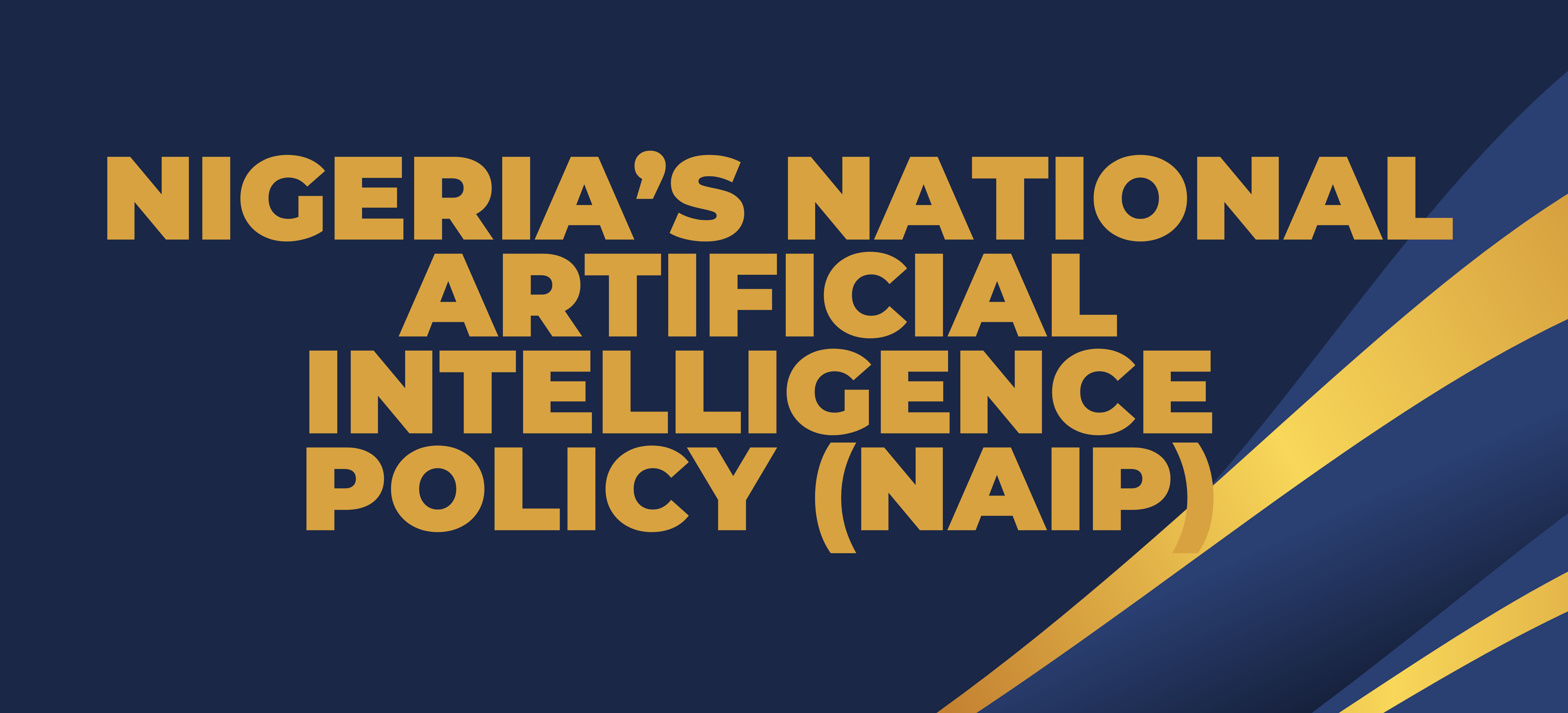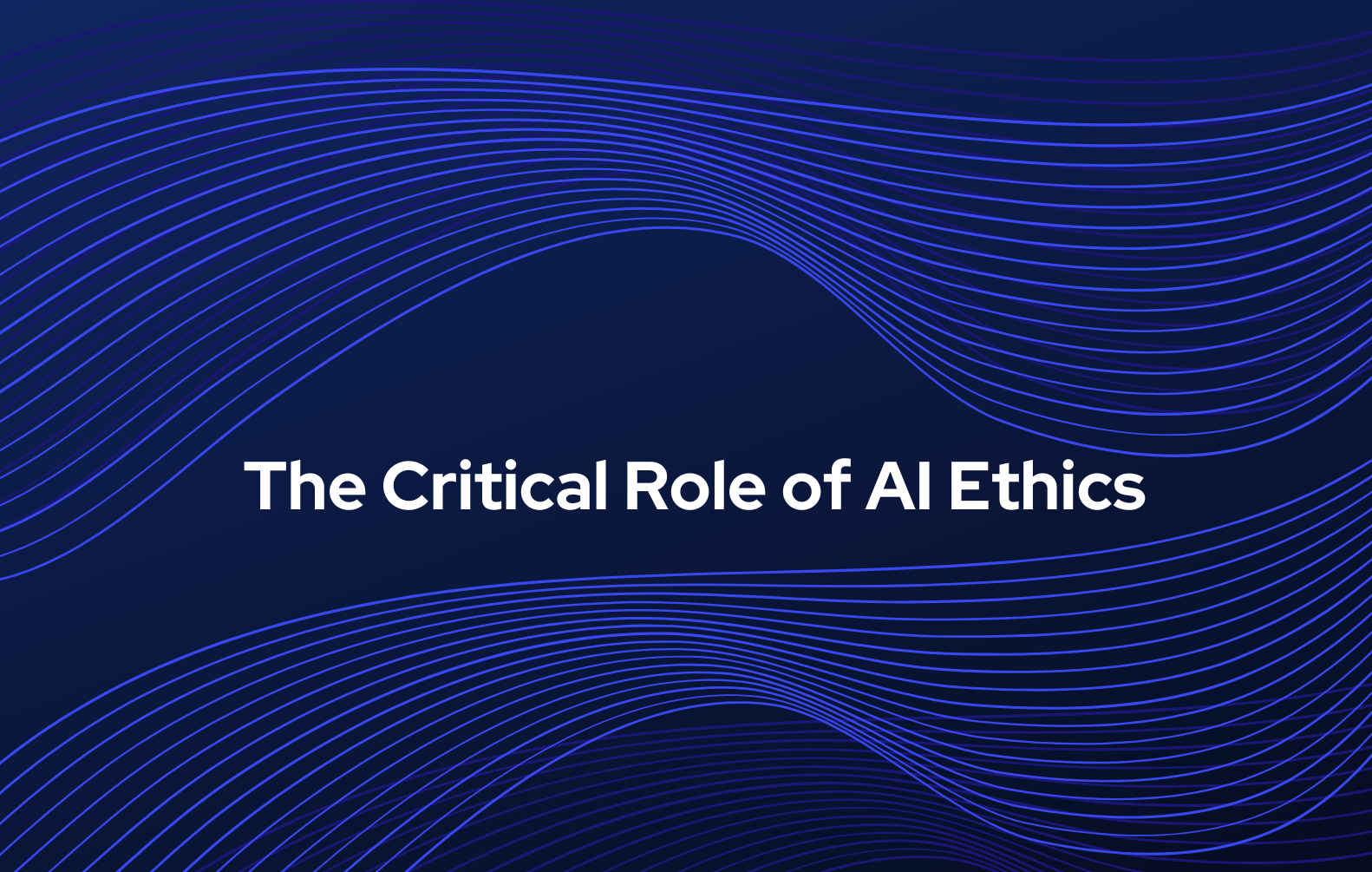
Introduction
In an era where artificial intelligence (AI) is reshaping economies and societies, Nigeria has taken a bold step to secure its future with the launch of its National Artificial Intelligence Policy (NAIP). Designed to complement the National AI Strategy (NAIS), the NAIP serves as Nigeria’s ethical compass and governance blueprint, ensuring AI development aligns with national values, fosters inclusive growth, and positions the country as a global leader in responsible innovation. This article delves into the NAIP’s objectives, pillars, implementation mechanisms, and its potential to transform Africa’s largest economy.
The NAIP Vision: Ethical AI for National Prosperity
The NAIP is anchored in a vision to “harness AI as a transformative force for sustainable development, economic diversification, and social equity.” Unlike the NAIS, which outlines tactical roadmaps, the NAIP establishes foundational principles to guide AI development, ensuring it serves all Nigerians while mitigating risks like bias, job displacement, and privacy breaches. Key objectives include:
-
Promote Inclusive Growth: Ensure AI benefits reach marginalized communities, including rural populations, women, and people with disabilities.
-
Drive Economic Competitiveness: Position Nigeria as a hub for AI research, startups, and ethical innovation.
-
Safeguard Rights and Privacy: Align AI systems with the 2023 Data Protection Act and global ethical standards.
-
Build Public Trust: Foster transparency and accountability in AI deployment through robust governance.
Core Pillars of the NAIP
The policy is structured around six pillars, each addressing critical facets of AI adoption:
1. Ethical Governance and Regulatory Frameworks
-
AI Ethics Commission: A dedicated body will oversee compliance with ethical guidelines, audit AI systems for bias, and resolve disputes.
-
Alignment with Global Standards: Adoption of UNESCO’s AI ethics recommendations and the Bletchley Declaration on AI safety.
-
Data Sovereignty: Strict protocols for cross-border data transfers, ensuring Nigerian data remains protected under local laws.
Example: Startups like Intron Health (AI-driven diagnostics) will undergo mandatory bias audits before deploying tools in public hospitals.
2. Infrastructure and Digital Inclusion
-
National AI Cloud Infrastructure: A secure, government-backed cloud platform to support SMEs and researchers.
-
Rural Connectivity: Expanding broadband access to achieve 70% internet penetration by 2027, prioritizing underserved regions.
-
Green AI Initiatives: Incentivizing solar-powered data centers to mitigate energy demands.
3. Talent Development and Retention
-
3 Million Technical Talent (3MTT) Program: Upskilling youths in AI, robotics, and data science, with 50% slots reserved for women.
-
AI Research Grants: Funding for universities and startups through the Nigeria Artificial Intelligence Research Scheme (NAIRS).
-
Diaspora Engagement: Incentives for Nigerian AI experts abroad to return through tax breaks and grants.
Initiative Highlight: Partnering with global tech giants like Google and Microsoft to establish AI Academies in Lagos, Abuja, and Kano.
4. Sector-Specific AI Integration
The NAIP prioritizes AI adoption in sectors critical to Nigeria’s development:
-
Agriculture: AI-powered pest prediction and soil health monitoring to boost yields.
-
Healthcare: Telemedicine platforms and AI diagnostics to bridge the doctor-patient gap (1 doctor per 5,000 Nigerians).
-
Security: Predictive policing tools and drone surveillance to combat terrorism and kidnapping.
Case Study: FarmCorps, an AgriTech startup, uses satellite imagery and machine learning to advise 50,000 farmers on crop optimization.
5. Public-Private Partnerships (PPPs) and Investment
-
AI Innovation Fund: A $500 million fund co-financed by the government, IFC, and private investors to support startups.
-
Tax Incentives: Pioneer status for AI firms, offering 5-year tax holidays.
-
Global Collaborations: Partnerships with the African Development Bank (AfDB) and World Economic Forum to attract FDI.
6. Risk Management and Cybersecurity
-
National AI Risk Framework: Protocols to counter threats like deepfakes, cyberattacks, and algorithmic discrimination.
-
AI Red Teaming: Ethical hackers will stress-test AI systems before deployment.
-
Public Awareness Campaigns: Educating citizens on AI risks and benefits via grassroots workshops.
Opportunities and Economic Projections
-
GDP Growth: AI could contribute billion of dollars to Nigeria’s economy by 2030 (PwC), with fintech, agriculture, and healthcare leading the charge.
-
Job Creation: While automation may displace 10% of low-skilled jobs, AI is projected to create 2.5 million high-value roles in data engineering, AI ethics, and robotics.
-
Global Leadership: Nigeria aims to rank among the Top 50 in the Global AI Index by 2030, up from 103rd in 2023 (Oxford Insights).
Challenges and Mitigation Strategies
The NAIP acknowledges systemic hurdles and outlines countermeasures:
| Challenge | NAIP Response |
|---|---|
| Infrastructure Gaps | Accelerated rollout of the National Broadband Plan 2025 and rural solar grids. |
| Funding Shortfalls | Leveraging PPPs and diaspora bonds for AI infrastructure. |
| Brain Drain | “Return of Talent” grants and equity stakes for repatriated experts. |
| Public Skepticism | Community-led AI literacy programs in local languages. |
Implementation Roadmap
-
Phase 1 (2024–2026): Establish the AI Ethics Commission, launch 10 pilot projects in healthcare and agriculture, and train 100,000 AI professionals.
-
Phase 2 (2027–2030): Scale AI integration across federal agencies, achieve 60% broadband penetration, and position Nigeria as Africa’s AI hub.
-
Phase 3 (2031+): Export homegrown AI solutions globally, targeting 5% GDP contribution from AI-driven industries.
Governance: A cross-ministerial committee chaired by the Minister of Communications, Innovation, and Digital Economy will oversee progress, with quarterly public accountability reports.
Global Context and Lessons
Nigeria’s NAIP draws inspiration from global best practices:
-
EU’s AI Act: Emphasis on risk-based regulation and transparency.
-
Rwanda’s AI Policy: Focus on grassroots digital literacy and SME empowerment.
-
Canada’s Pan-Canadian AI Strategy: Collaboration between academia and industry.
Notable Partnership: The EduAI Hub, a $20 million initiative funded by Canada’s IDRC and Sweden’s Sida, partners with Nigerian universities to advance AI education and research.
Difference Between Nigeria's National AI Strategy (NAIS) and National AI Policy (NAIP)
Nigeria's National Artificial Intelligence Strategy (NAIS) and National Artificial Intelligence Policy (NAIP) are complementary frameworks designed to advance the country’s AI ambitions. However, they serve distinct roles in shaping Nigeria’s AI ecosystem:
1. Purpose and Focus
-
NAIS (Strategy):
-
Action-Oriented: A tactical roadmap outlining how Nigeria will implement AI initiatives to achieve specific goals (e.g., economic growth, job creation, sector transformation).
-
Focus Areas: Infrastructure development (e.g., High-Performance Computing centers), talent programs (e.g., 3 Million Technical Talent initiative), sectoral adoption (agriculture, healthcare), and global collaboration.
-
Example: Building AI research hubs, launching pilot projects in precision farming, or upskilling 500,000 Nigerians in AI by 2027.
-
-
NAIP (Policy):
-
Governance-Oriented: A principles-based framework defining why and under what rules AI development should occur.
-
Focus Areas: Ethical guidelines (e.g., bias mitigation, transparency), data sovereignty, risk management (e.g., cybersecurity protocols), and inclusive growth (e.g., rural connectivity).
-
Example: Mandating ethical audits for AI systems, enforcing compliance with the 2023 Data Protection Act, or establishing an AI Ethics Commission.
-
2. Scope and Function
| Aspect | NAIS | NAIP |
|---|---|---|
| Nature | Tactical plan with timelines and KPIs. | Regulatory framework with principles. |
| Execution | What to do (e.g., build data centers). | How to do it responsibly (e.g., ensure clean energy usage in data centers). |
| Alignment | Drives implementation of projects. | Ensures compliance with ethical/legal standards. |
| Time Horizon | Short-to-medium term (2024–2030). | Long-term governance (beyond 2030). |
3. Key Differences
| Criteria | NAIS | NAIP |
|---|---|---|
| Primary Role | Engine: Drives AI projects and investments. | Steering Wheel: Guides ethical, legal, and inclusive AI development. |
| Content | Sector-specific initiatives, talent pipelines, infrastructure targets. | Ethical guidelines, risk frameworks, data governance rules. |
| Accountability | Monitored by agencies like NITDA and NCC. | Enforced by regulatory bodies (e.g., AI Ethics Commission). |
| Inspiration | Models like Google’s AI Sprinters Report. | Aligns with UNESCO’s ethics guidelines and EU’s AI Act. |
4. Synergy Between NAIS and NAIP
-
NAIS Operates Within NAIP: The strategy executes projects within the boundaries set by the policy (e.g., NAIS’s healthcare AI tools must comply with NAIP’s patient privacy rules).
-
Mutual Reinforcement:
-
NAIS’s infrastructure projects (e.g., rural broadband) enable NAIP’s digital inclusion goals.
-
NAIP’s ethical frameworks ensure NAIS’s initiatives (e.g., AI in policing) avoid bias and protect human rights.
-
Analogy for Clarity
-
NAIS = Blueprint: Details how to construct a building (AI ecosystem) with specific rooms (sectors), materials (infrastructure), and workers (talent).
-
NAIP = Building Codes: Ensures the building is safe (ethical), accessible (inclusive), and compliant with laws (data protection).
While the NAIS focuses on actionable steps to harness AI for economic and social progress, the NAIP ensures these steps are taken responsibly, ethically, and inclusively. Together, they form a cohesive ecosystem where innovation thrives within guardrails of accountability and public trust. Nigeria’s dual approach reflects global best practices, balancing ambition with ethical stewardship.
Conclusion: A Call to Action
Nigeria’s NAIP is not just a policy—it is a societal contract. As Dr. Bosun Tijani, Nigeria’s Minister of Communications and Digital Economy, states: “AI offers Nigeria a once-in-a-generation opportunity to leapfrog systemic challenges. But success demands collaboration, accountability, and unwavering focus on ethical stewardship.”
For citizens, the NAIP promises better healthcare, efficient services, and future-proof jobs. For investors, it offers a $500 billion digital economy ripe with opportunities. For Africa, it sets a precedent: technological advancement need not come at the cost of inclusivity.
As the NAIP moves from paper to practice, its success hinges on collective action. Policymakers, tech leaders, and citizens must unite to ensure AI becomes a tool for empowerment, not exclusion. If Nigeria succeeds, it will redefine the narrative of AI.
#NigerianAIPolicy #ArtificialAI #RichlyAI



